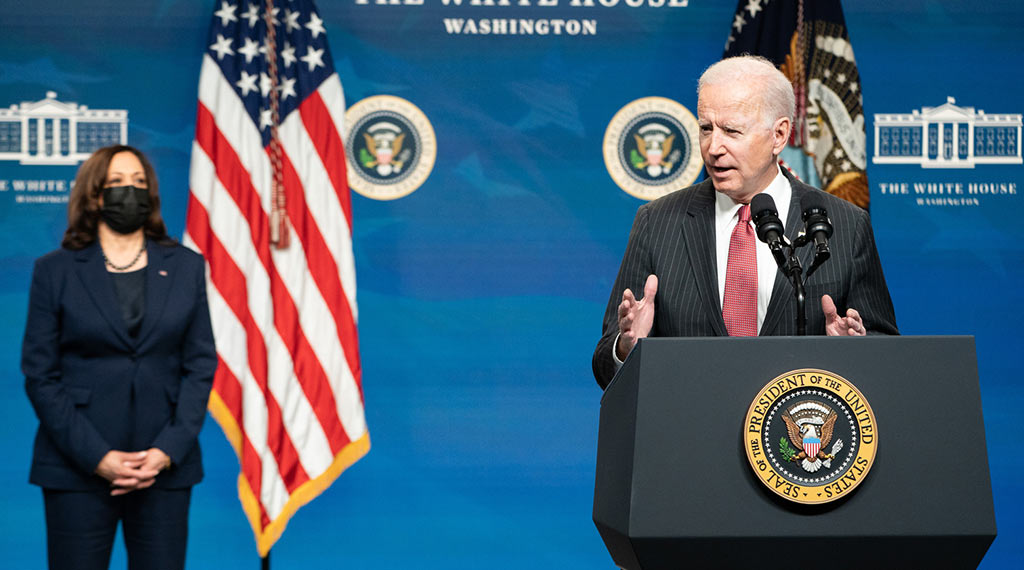
While the US discusses with Iraq the future of their partnership and cooperation in the global war against terrorism, and Washington continues its negotiations with Iran to revive the 2015 Joint Comprehensive Plan of Action (JCPOA), several important events are taking place in this troubled region.
The Islamic Revolutionary Guard Corps intelligence chief Hossein Taeb led a delegation to Iraq this month to meet not government officials but the leaders of pro-Iran armed factions. Taeb gave clear orders to the Iraqis to continue their attacks on US targets in Iraq until the departure of the last American soldiers.
At the same time, these groups continue to assassinate Iraqi activists. Demonstrations in Baghdad and other southern provinces demanded the end of impunity, and punishment for the entities that gave orders to abduct and kill more that 70 activists and hundreds of peaceful protesters since the anti-corruption and pro-democracy movement swept Iraq in October 2019.
Despite these calls, the world has mostly chosen to ignore their suffering.
Meanwhile, across the border in Iran, protests erupted in the southwestern Khuzestan province over the extreme water shortage. Soon enough, the demand for water changed to bigger political demands, spreading to different locations including the capital, Tehran.
The oil-rich Khuzestan province is home to Iranian Arab minorities who have faced oppression and discrimination by the regime in Tehran, which has not hesitated to use deadly force against the protesters; 10 have been killed and more than 100 detained, while Iranian officials and state-run media claim “foreign interference.”
Iran’s supreme leader Ayatollah Ali Khamenei urged his people to be cautious. “The enemy will try to use any tool against the revolution, the nation, and the people’s interests, so we must be careful not to give him any pretext,” he said.
Once again, there was no sign of a significant reaction from the international community.
Click HERE to read more.
- Mamdani’s Mayoral Bid Reflects Rising Alliance Between America’s Democratic Socialists and Radical Political Islam - August 18, 2025
- Jordan arrests a wake-up call to Muslim Brotherhood threat - April 21, 2025
- Giving Muslim Extremists a Pass Is Reflected in Canada’s New Guide to ‘Islamophobia’ - March 27, 2025
